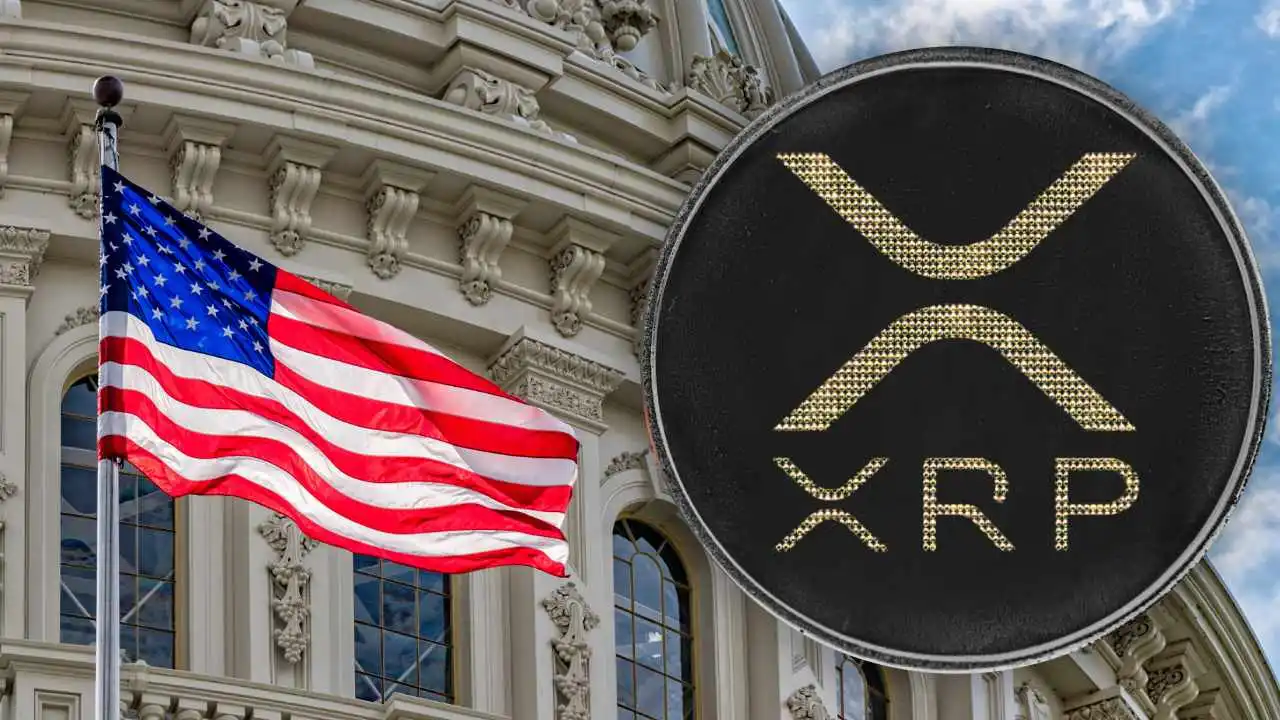
The price of Bitcoin fell to a two-month low Monday, as markets adjusted to the prospect of tighter monetary policy from the Federal Reserve.
The Bitcoin price fell as low as $89,800 Monday, slipping below $90,000 for the first time since mid-November. And it’s been nearly a month since Bitcoin set an all-time high of $108,000, although the asset traded hands above $100,000 last week.
While market players continue to speculate on shifts in crypto regulation ahead of President-elect Donald Trump’s inauguration on January 20, macro factors have been driving Bitcoin’s performance, Coinbase’s Head of Institutional Research David Duong told Decrypt.
“Given the recent employment data, concerns that the Fed may not deliver any cuts in 2025 are putting pressure on assets across the board,” he said. “Though if that decision is a product of a stronger economy, that may not last, in our view.”
Duong added that his team is “still cautiously optimistic” about Bitcoin’s performance in the first fiscal quarter, but he recognized that “the path is unlikely to be a smooth one.”
The president-elect styled himself as a “crypto president” on the campaign trail, promising that regulators would be friendlier to the industry under his leadership. He’s also promised to create a strategic stockpile of Bitcoin that may influence other governments’ adoption of Bitcoin.
Still, financial-market participants have grown increasingly doubtful that the Fed will cut rates in the coming months, as labor market readings paint a picture of a strong U.S. economy. On Wednesday, the Bureau of Labor Statistics will release its first inflation snapshot of the year.
Markets fell Friday when the BLS reported that U.S. employers added 256,000 jobs in December Economists expected 160,000 fresh jobs, according to Trading Economics.
“Given a resilient labor market, we now think the Fed cutting cycle is over,” BofA Global Research Senior Economist Aditya Bhave said following Friday’s report, per Opening Bell Daily.
As of this writing, traders penciled in a 30% chance that the Fed holds rates steady through its December meeting, up from 16% a week ago, per CME FedWatch. A month ago, traders foresaw just a 9% chance that the U.S. central bank’s easing campaign had ended.
Lower interest rates tend to be supportive of risk assets like stock and crypto. At the same time, they can contribute to inflation through lower borrowing costs and increased spending.
The Fed’s preferred inflation gauge, core PCE, will be released after policymakers gather later this month. In the meantime, economists expect the Consumer Price Index to show inflation was flat at 2.7% in the 12 months through December, according to Trading Economics.
Rising bond yields have been putting pressure on risk assets amid macro jitters, analysts told Decrypt last week. On Monday, the 10-year treasury yield continued climbing, rising to its highest level since October 2023 at 4.799%, according to TradingView.
Last month, the Fed signaled that it would cut rates at a slower-than-expected pace this year, with policymakers forecasting two rate cuts instead of four. Meanwhile, meeting minutes showed last week that policymakers are focused on shifts in immigration and trade policy under Trump, cautious of how they could contribute to inflation pressures.
Edited by Stacy Elliott.
Editor’s note: This story was updated after publication to correct the amount of time since Bitcoin was at a sub-$90,000 price.
Daily Debrief Newsletter
Start every day with the top news stories right now, plus original features, a podcast, videos and more.









